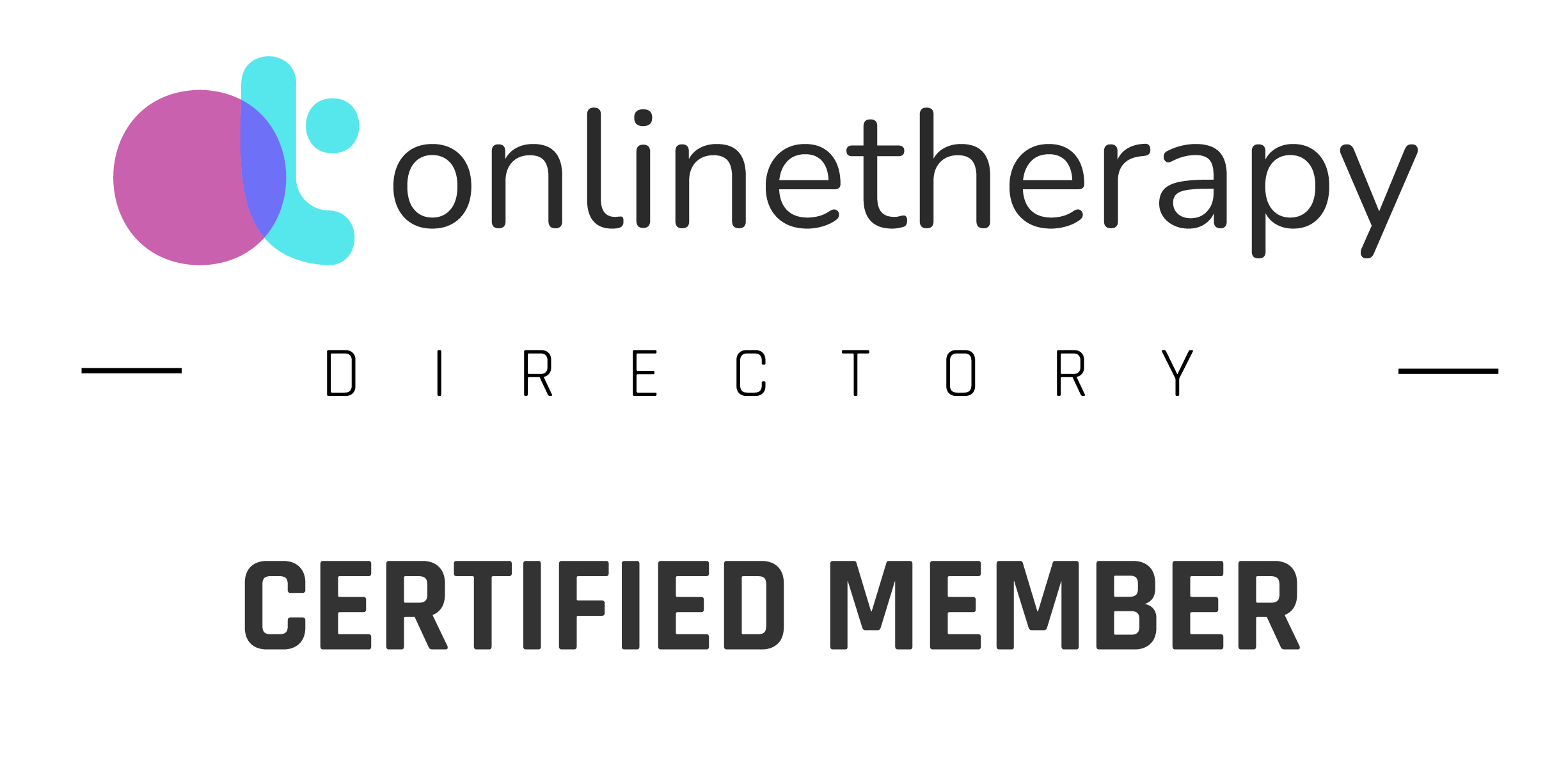Relationships can bring about some of the best experiences in our lives. They can make us feel loved, supported, and valued. However, not all relationships are created equal since they can be healthy or become toxic.
In this blog, we will dive deep into the signs of toxic relationships and how you can address them from a self-care perspective.
Most common signs of a toxic relationship
1. Control
In a toxic relationship, one party consistently forces its will, viewpoint, and decisions over the other. The controlled person is often left powerless, without any say in how the relationship should proceed.
2. Emotional abuse
The toxic partner seeks to dominate and belittle their significant other. They often resort to verbal abuse, gaslighting, and other emotionally hurtful behaviors.
3. Isolation
Toxic partners may try to isolate their significant other from their friends and family, making them wholly dependent on the relationship. This essentially gives the toxic partner more control over the course and direction of the relationship.
4. Insecurity
In a bad relationship, the controlled party may feel unsure and anxious of themselves and their place. The toxic partner gives them a reason to invalidate themselves, causing the controlled party to spiral into feelings of worthlessness and insecurity.
5. Limited communication
A healthy relationship is built on trust and communication. In an unhealthy relationship, toxic partners may refuse communication channels resulting in the other party needing somewhere to pass their grievances, concerns, or needs.
Effects of a toxic relationship
1. Low self-esteem
A toxic relationship can eat away one’s self-esteem, making one feel worthless and undeserving of love.
2. Depression
Continued exposure to toxic environments can easily trigger depression or anxiety. Such a relationship chips away at emotional stability and flourishes mental burdens.

3. Anger
Frustration arises from the feeling of helplessness or inadequacy which results from the toxic relationship. Additionally, the toxic partner may provoke their significant other to violence (verbal or physical).
4. Health Issues
Stress from toxic relationships can lead to health problems such as high blood pressure, anxiety disorders, digestive issues, or even heart disease.
5. Lack of Trust
Continuously being undermined, controlled, or lied to takes away trust.
Tips for identifying a toxic relationship
Trust your instincts
If something does not feel right about the relationship or they exhibit certain behaviors, most likely, it is a toxic relationship.
Identify their behavior
Negative behavior patterns manifest through manipulation, control, and emotional abuse. If any of these are exhibited., that is a toxic relationship.
Look out for any warning signs
If any of the signs mentioned in the previous section are exhibited, then it’s not a healthy relationship and you should seek help.
Take the first step toward a gentle state of mind
Being in a toxic relationship can be emotionally draining and unhealthy. However, it is possible to mitigate the damage done by this type of relationship. Identifying the signs of toxicity, their effects, and how to identify a toxic relationship are key areas one should focus on.
Once you’ve identified that the relationship harms your mental and emotional state, reaching out for professional help is important. At Mind and Body Counseling Associates, we aim to strengthen struggling relationships by working with individuals/couples to build healthier communication, stronger connections, and healthier mental health care.
We are a team of professional therapists in Reno, Nevada, supporting couples and individuals struggling or looking to strengthen their connection. We can help you learn how to recognize red flags in relationships, improve communication skills, improve self-care, and support the foundation of the bond.


